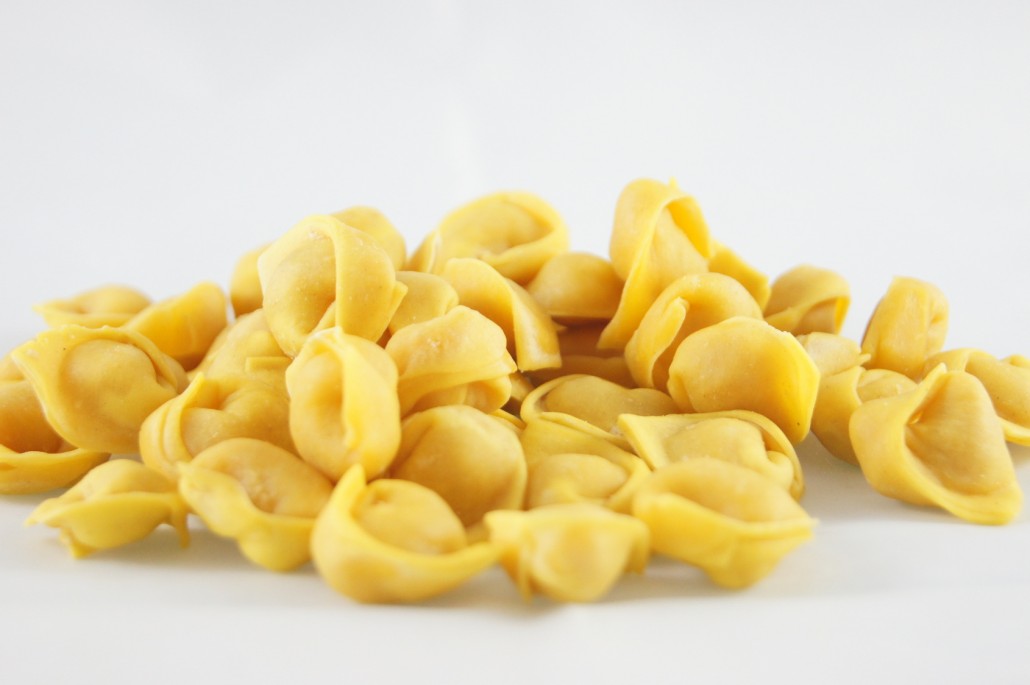In the book The New Glucose Revolution, the doctors who wrote it explain that if you’re a moderately active person not looking to lose weight just maintain your existing weight they allow 55% of your total daily food intake to come from various sources of carbohydrates. That’s a whopping 275 grams of various sugar sources (number is based on a 2000 calorie/day diet). They also explain that if you’re on a weight-loss quest the percentage intake coming from carbohydrates doesn’t change. In fact, what they explain should change is your daily calorie consumption from 2000/day to 1200/day. That still leaves your carbohydrate consumption at 165 grams a day.
Now, I understand that they’re trying to push low to medium GI carbs, but, in retrospect, eating 55% of your daily calorie food intake in the form of starches and sugars will definitely not help you maintain or lose weight and in fact make you gain weight. At some point we all must realize that calories ARE NOT created equal and different foods sources are broken down and assimilated differently (for reference on this see my book) If you’re moderately active your body will run most efficiently on one teaspoon of sugar every hour (that’s 4 grams/hour). That is equivalent to just 64 grams of (sugars) a day.
The reason I use the term (sugars) is because your body does not discriminate. Carbohydrates in any form get broken down into the same component to be used for energy by your body no matter what the source. These sugars are either burned as immediate energy or shuttled off to the muscle and liver reserve sites (known as glycogen storage). Any remaining unused sugars will then be shuttled off to your fats cells to be stored as saturated fat in your body.
I will try not to get to technical here in the break-down but our body has a glycogen storage reserve capacity of between 300 – 400 grams depending on one’s size. The point I’m trying to make is, if you’re on a weight loss quest and you never lower your glycogen reserve you will never be able to tap into your fat storage making your weight loss quest impossible. If you are serious about losing weight you will need to lower your carbohydrate intake to 15% total daily calories and certainly never more that 25% total daily calories or between 60 gram/day and 120 grams/day (based on a 1600 calorie/day diet). This will ensure that you are lowering your glycogen reserves to a point that will force your body to burn body-fat for energy.
The second part of this equation is making sure you are not losing muscle while losing weight. So how can you do this? By keeping your protein consumption high enough to keep you in a positive nitrogen balance situation ensuring you will preserve your all too important but extremely over looked muscle mass. You should be able to achieve this by eating between 20 to 30 grams of quality protein every 3 to 4 hours. As I have stated in so many of my blogs as well as my book Get Your Lean On – A Simple, Sensible, yet Scientific WEIGHT LOSS SOLUTION muscle is the physical place where fat and calories are burned for energy, so if you lose any portion of your muscle due to wasting you’ve just crippled your fat burning machine.
Apply what I have for you here and watch the amazing impact it will have on your weight loss journey. For those of you who are serious about losing weight while achieving optimal health my book will be a great resource to guide you to your goal. Filled with information, a well laid-out system and over 200 health promoting weight loss recipes it will become your road-map to success.


